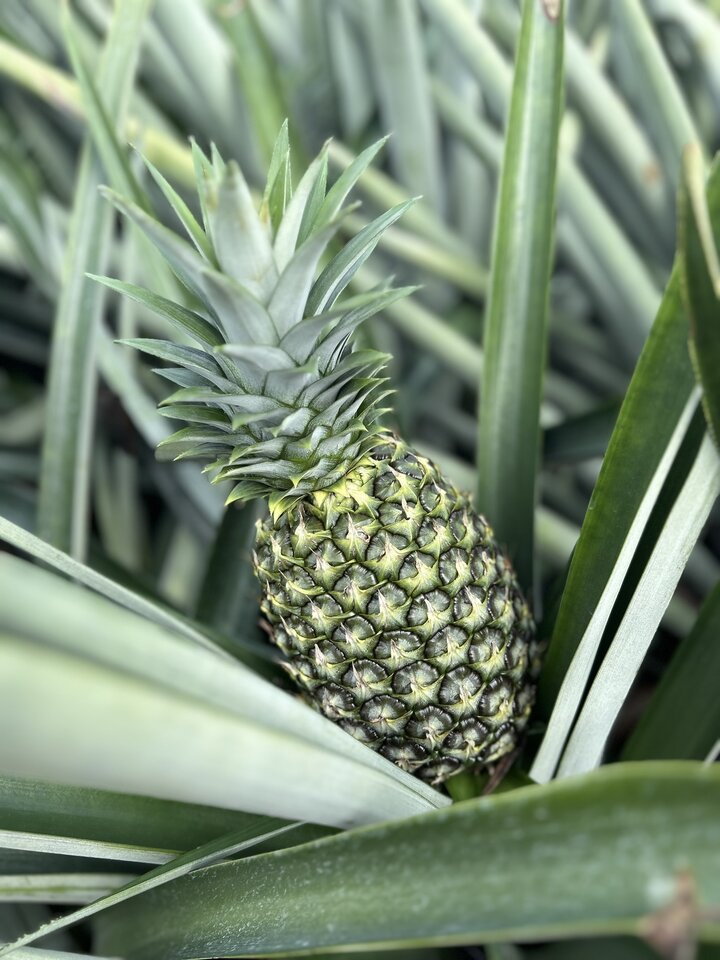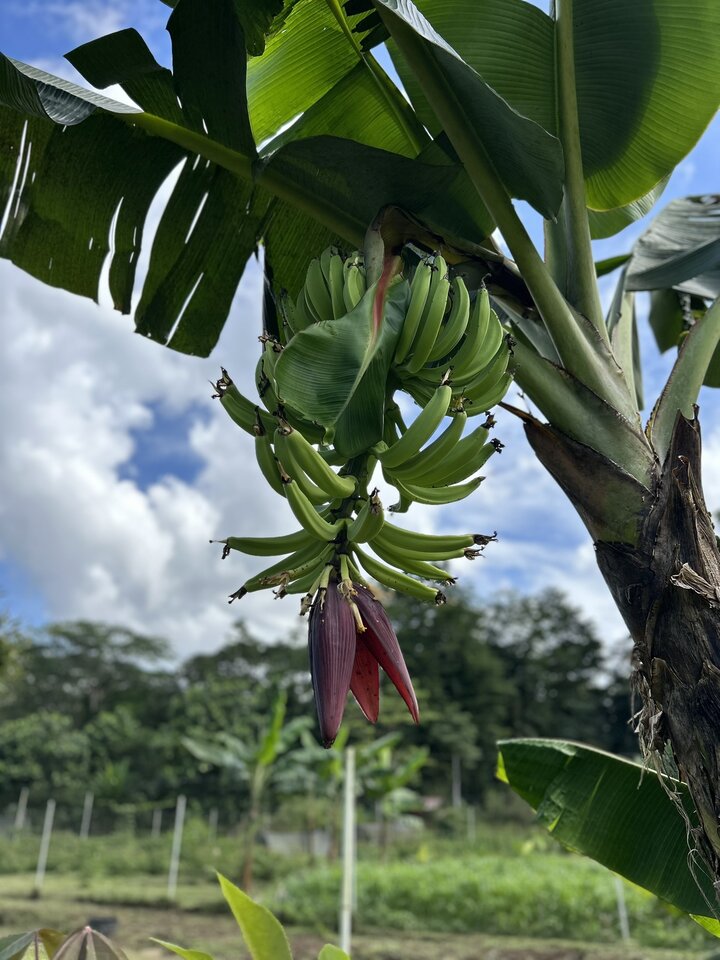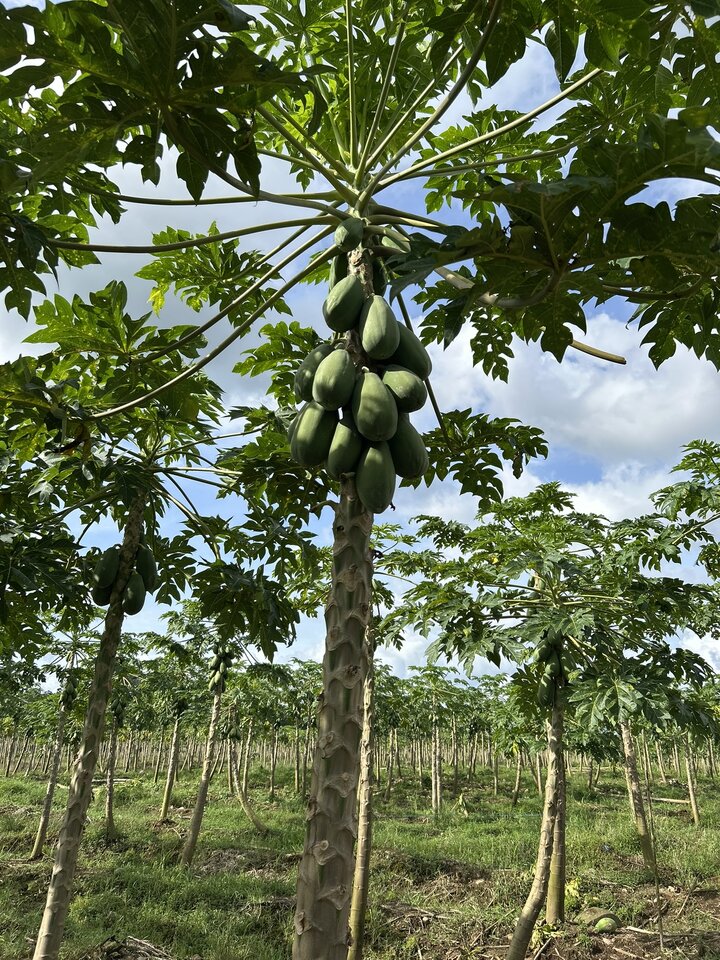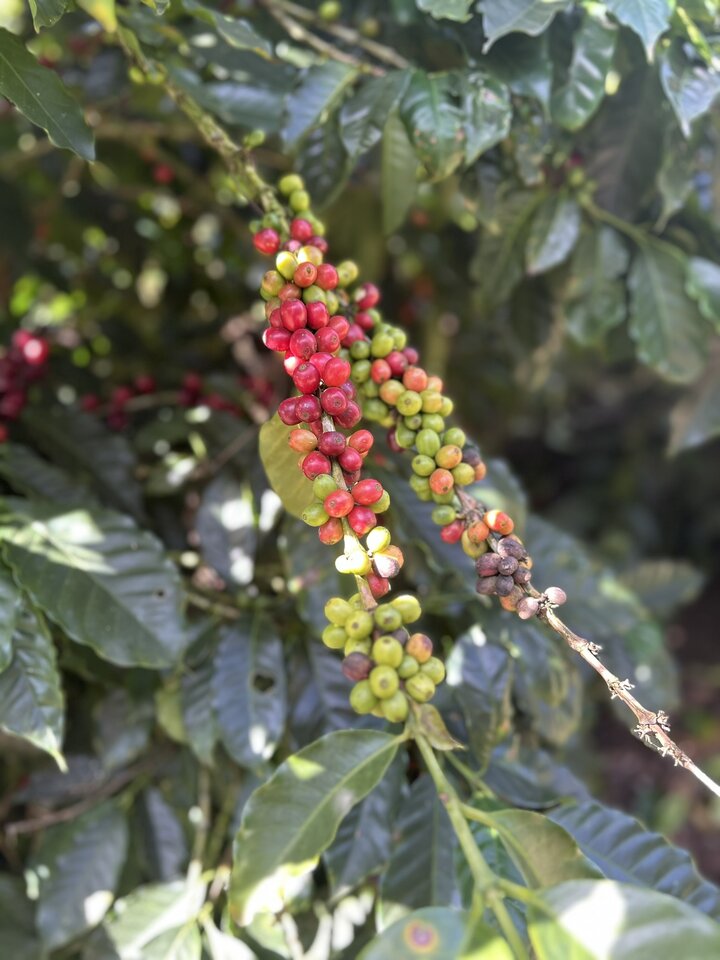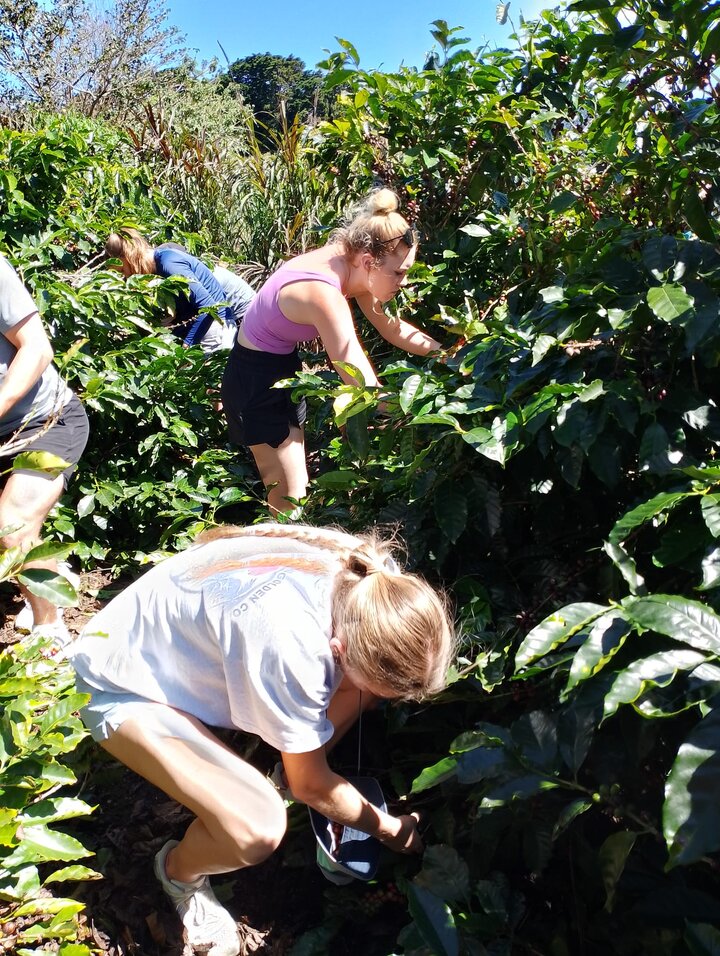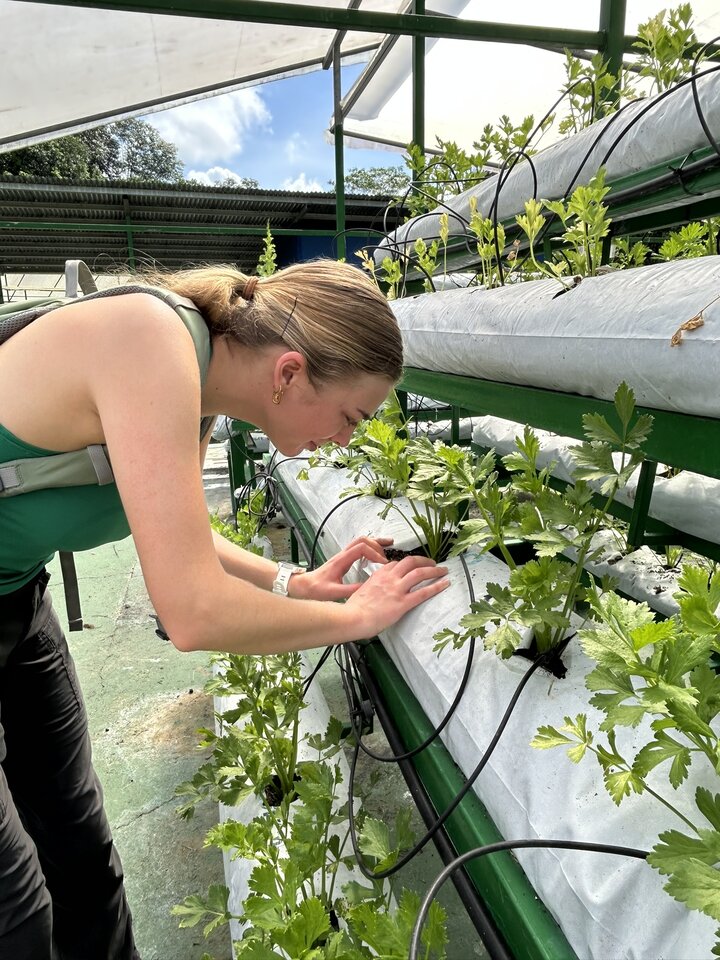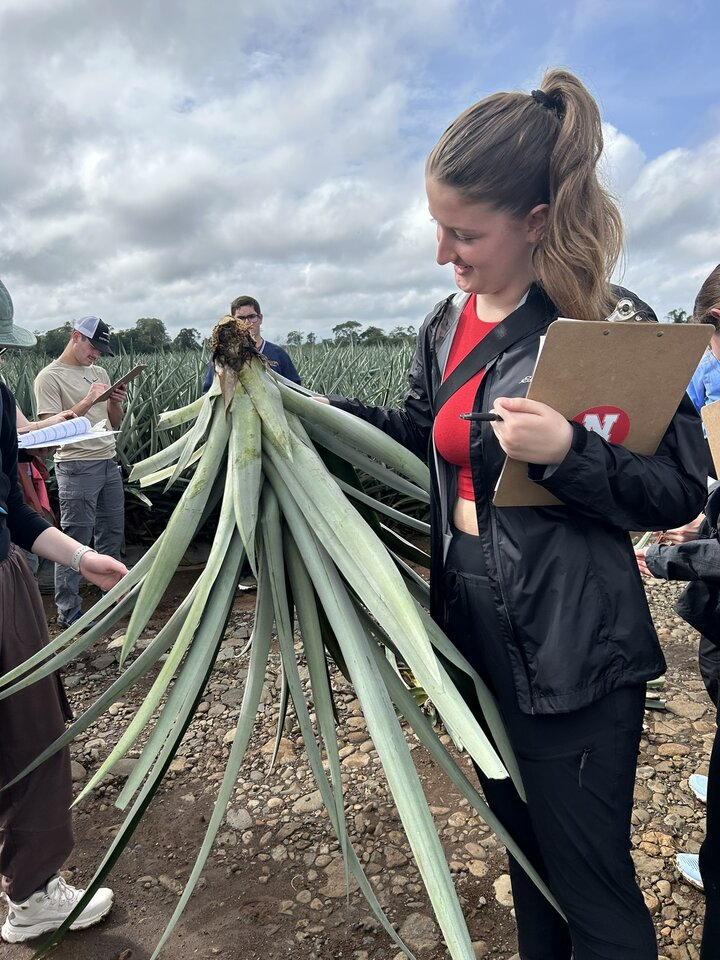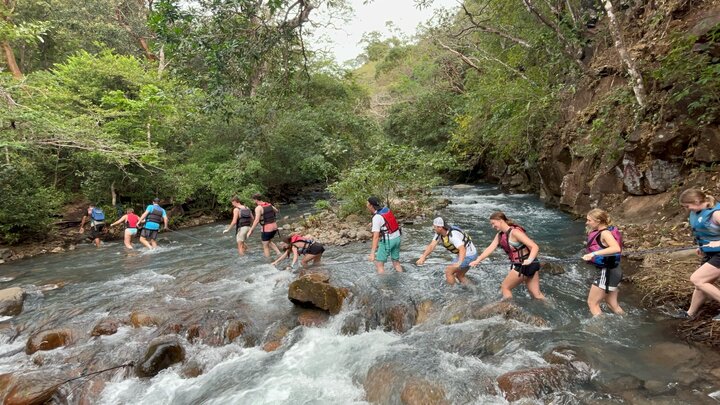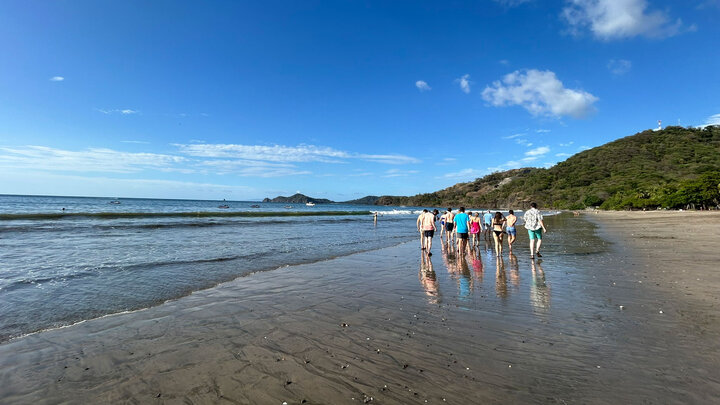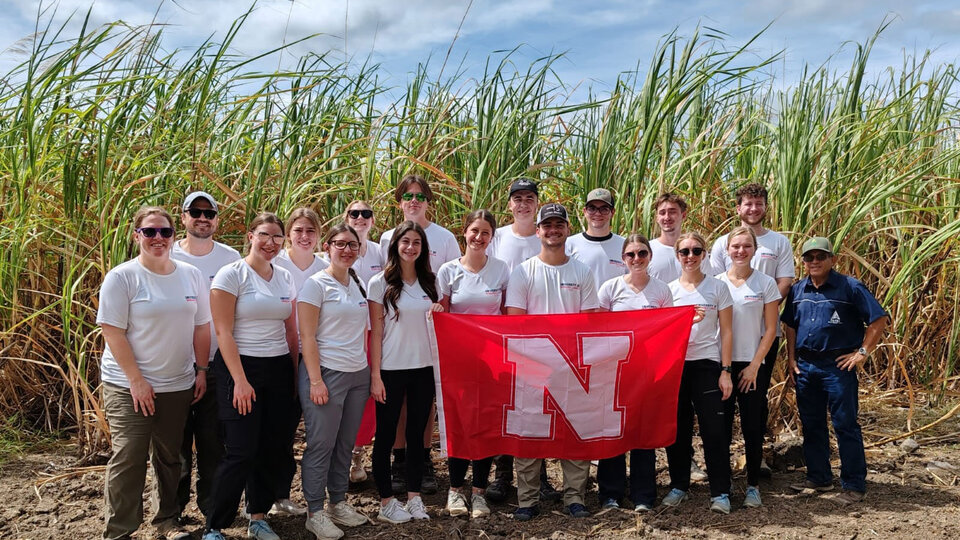Costa Rica is a beautiful country in Central America that offers a diversity of tropical agroecosystems and is a critically important U.S. trade partner for coffee, sugar, bananas, and pineapple. Local production of cereals, fruits, and vegetables are also increasingly important for food and economic security in Costa Rica. UNL CASNR students in the AGRI 310 course spent 11 days in Costa Rica and visited several farms and agricultural enterprises to learn about tropical food production, processing, and global distribution, and to evaluate the sustainability of these systems. Over 25% of Costa Rican land is protected as national parks or reserves and students had several opportunities to experience the booming ecotourism industry through visits to volcanoes, rain forests, waterfalls, and beaches. Students experienced examples of agritourism that leverage human and natural resources capital and improve sustainability.
Faculty Leaders
Our Students
17 UNL students, with majors in Agronomy, Plant and Landscape Systems, Agricultural Economics, Agricultural Systems Technology, Animal Science, Agribusiness, Engineering, Biological Systems Engineering, Fisheries and Wildlife, Integrated Science, and Agricultural Leadership, Education, and Communication.
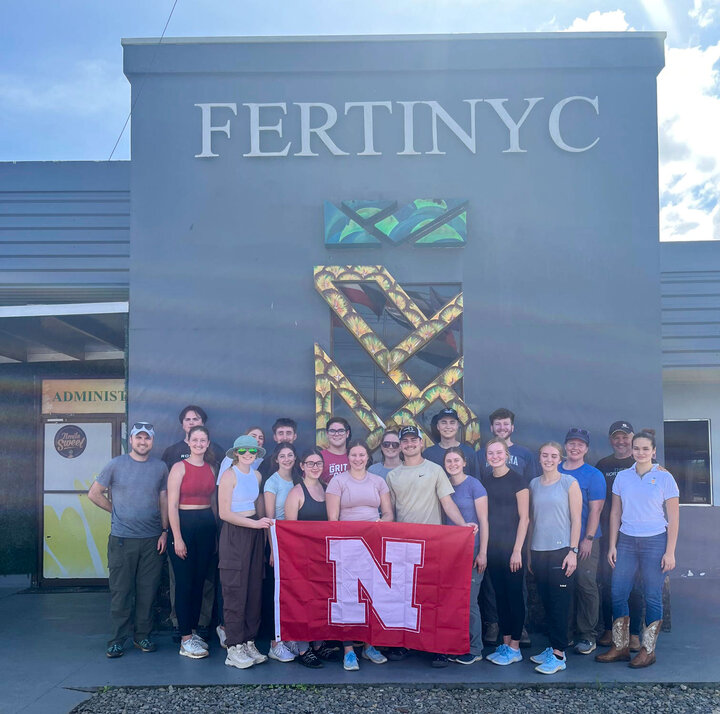
Costa Rica Partners
Our faculty leaders partnered with a local tour and excursion coordinator who specializes in agronomy-focused tours and who also works as a community outreach coordinator for a non-profit organization, as well as faculty from the University of Costa Rica to develop our in-country programs, farm visits, and excursions.
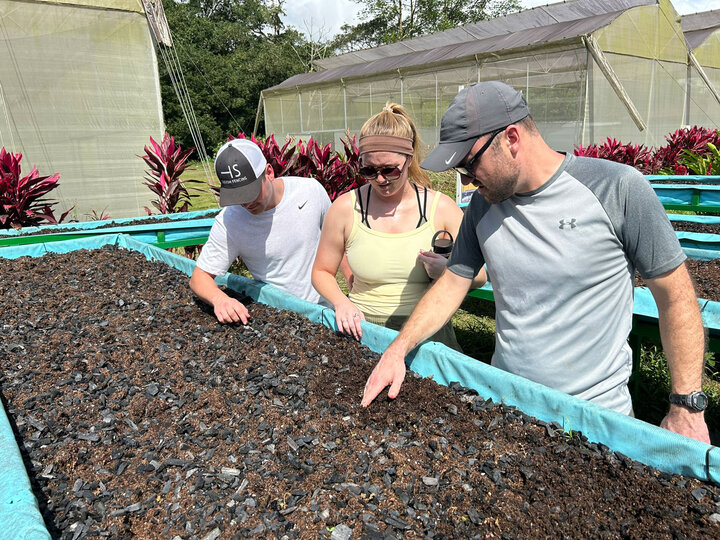
Assessing Sustainability of Farms in Costa Rica
Faculty leaders developed overview materials related to the climate, physical geography, natural resources, biomes, soil, and agriculture of Costa Rica to help students prepare for what they would see, feel, find, experience, etc., while abroad. Faculty leaders also developed a farm sustainability assessment tool to facilitate engagement between students and landowners, producers, and production managers they would visit with in Costa Rica. Students met with the faculty before departure to review and revise the tool to align with tropical agroecosystem practices.
Farm Sustainability Assessment Tool
Comparison of Farm Sustainability
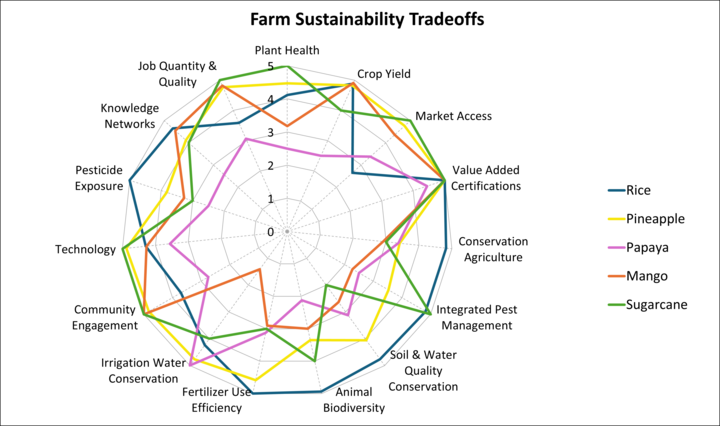
Students completed five farm sustainability assessments while in Costa Rica. Ratings for each evaluation aspect related to economic, environmental, and social sustainability. As we can see, each enterprise had its own tradeoffs between conservation, market access, job quantity and quality, and fertilizer use efficiency. These tradeoffs were largely the result of the size of the operation or enterprise, international trade restrictions and market access, and feasibility of practices to ensure adequate crop yield.
Trip Highlights
“During our study abroad trip to Costa Rica I had the opportunity to fall in love with ecology and explore how to combine agriculture and respect for the natural world to ensure sustainable food systems well into the future. We had numerous opportunities to engage with farmers, learn about exciting cropping systems, and explore tropical rainforests and beaches.”
— Laura Albro, Senior, Agronomy Major, Tropical Agroecosystems of Costa Rica 2025
“We were immersed in new cultures, gorgeous landscapes, unique experiences, all while learning about topics that are relevant to our studies. This trip pushed me out of my comfort zone and helped me grow academically and personally.”
— Maddie Weber, Junior, Agronomy Major, Tropical Agroecosystems of Costa Rica 2025
